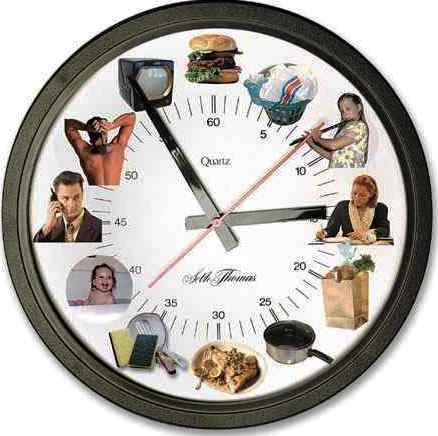List of review tips
Procrastination is a problem that almost everyone at one point or another has experienced.
Procrastination starts with a distraction, followed by the thought "I'll do it tomorrow" and ends with you following suit.
Distractions (that causes procrastination) are all around us....
- that new movie that just came out and you must watch on opening day
- the remote control on the couch
- your computer "accidentally" open to Facebook/Twitter/Youtube page and now you're chatting/watching/updating
- you hate doing the laundry but for some reason, just before the test, you don't hate it anymore
- your friend told you to watch this new TV series. For weeks you ignored the recommendation but all of a sudden you're very interested
- thinking you need to go for some fresh air, but 3 hours later you come back with a handful of shopping bags
- it has been 3 hours since your phone rang, and you are still chatting
- you spent an hour re-arranging your bedroom but not much has changed
--------------------
Today's Tip of the Day:
Strategies to Reduce Procrastination:
- Identify the roadblocks, your distractions (above list). Why do you think you're procrastinating? Awareness is the first step towards change.
- Pay attention to self-talk. Don't fall into the "Mañana Trap." (Mañana means "tomorrow" in Spanish.) Whenever you are tempted to do it later, ask yourself why later is better than now. (Actually, yesterday was probably the best time to do it, right?)
- Have trouble starting? Try the 5 minute plan. Spend five minutes actively working on the task. Your resistance will go down, and you'll likely want to keep working.
- if you find yourself distracted try "PATs" model (from my previous blog entry) reminder:
- Pick the best environment for you to study
- Always reduce visual distractions
- Try to eliminate noise around you
- Self talk to control distracting thoughts
- if you find yourself distracted try "PATs" model (from my previous blog entry) reminder:
- Reward yourself. Give yourself something to look forward to when the task is completed.
- if you finished a chapter of reading, or finished a practice exam, then treat yourself to something!




